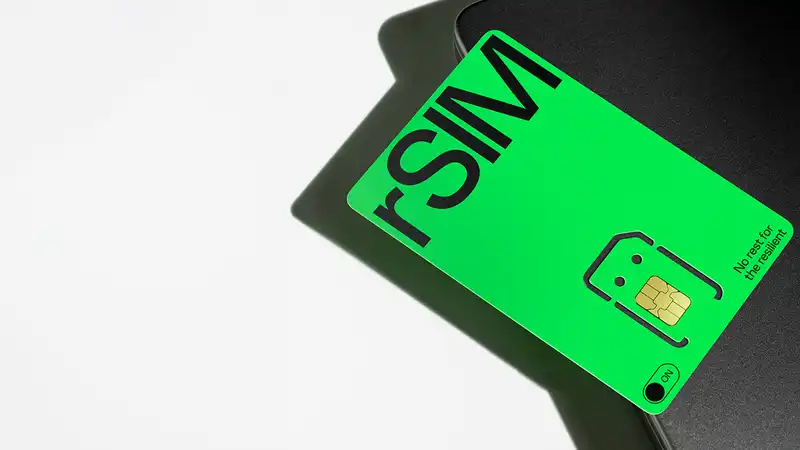If you were one of the hundreds of thousands of people affected by last week's AT&T outage, it's understandable to be a little angry about the situation Thankfully, there are things that can help if something like this happens again, as it is possible to stay connected in the event of a major network outage
At MWC 2024, a new resilient SIM, or rSIM for short, was announced This is a SIM card that can detect prolonged network outages and automatically switch to a backup carrier to keep you and your device connected
Given how connected many of our devices are these days, this is actually important Especially when network disruptions prevent users from being able to call 911 or equivalent emergency service numbers
rSIM can test the network connection every 60 seconds, and if it detects no connection after a preset amount of time, it will automatically switch to a second backup network with its own independent infrastructure rSIM will not resume checking the original network for several hours It does not resume checking, but once it detects a connection outage, the connection reverts back to the original network
Importantly, all of this is done in the background without any user input In fact, if there is a problem with the main network, the connection is lost for only a few minutes However, the exact timing of the network switchover is randomized so that the backup network is not overloaded by a sudden influx of user traffic
In other words, rSIM cannot magically stop AT&T from destroying its infrastructure at some point in the future But at least it is unlikely that they will realize such an eventuality when it occurs
The most important aspect of rSIM is that it is designed to fit existing SIM card standards In other words, one can plug this card into any SIM card slot and connect to the network as normal The only difference is that it can switch networks when it detects a problem
However, these standards also mean that the rSIM can only connect to two networks, the main and backup In other words, you cannot go back and forth from AT&T to Verizon or T-Mobile with it Thankfully, the probability of two major network outages happening at the same time is fairly low
I was told at MWC that an rSIM-enabled plan would probably cost more than a standard single carrier contract But it should still clearly be cheaper than paying for two SIM cards separately
So when can we expect to get rSIM? Currently, rSIM is still being tested, but a commercial launch is scheduled for June of this year However, it is not possible to use the network switching technology unless supported by the carrier After all, we all get our SIM cards from there, so if AT&T or your carrier doesn't want anything to do with rSIM, you're out of luck
So far, only Deutsche Telekom iOT and Tele2 IoT have joined, but rSIM has confirmed that there are more partnerships with carriers in the US and Europe However, none of these can be announced yet
Deployments are expected to start with IoT devices, especially those that are called "critical connectivity" That is, panic buttons, payment systems, and other devices of that sort Unfortunately, cell phones and trail cams are not considered critical, so we may have to wait a bit longer
Those with eSIM-only devices, such as recent iPhones and smartwatches released in North America, will not miss out, as rSIM technology works with SIM cards and eSIM chips However, you may have to wait a little longer, as it is definitely up to the device manufacturer to decide whether or not rSIM will be included










Comments